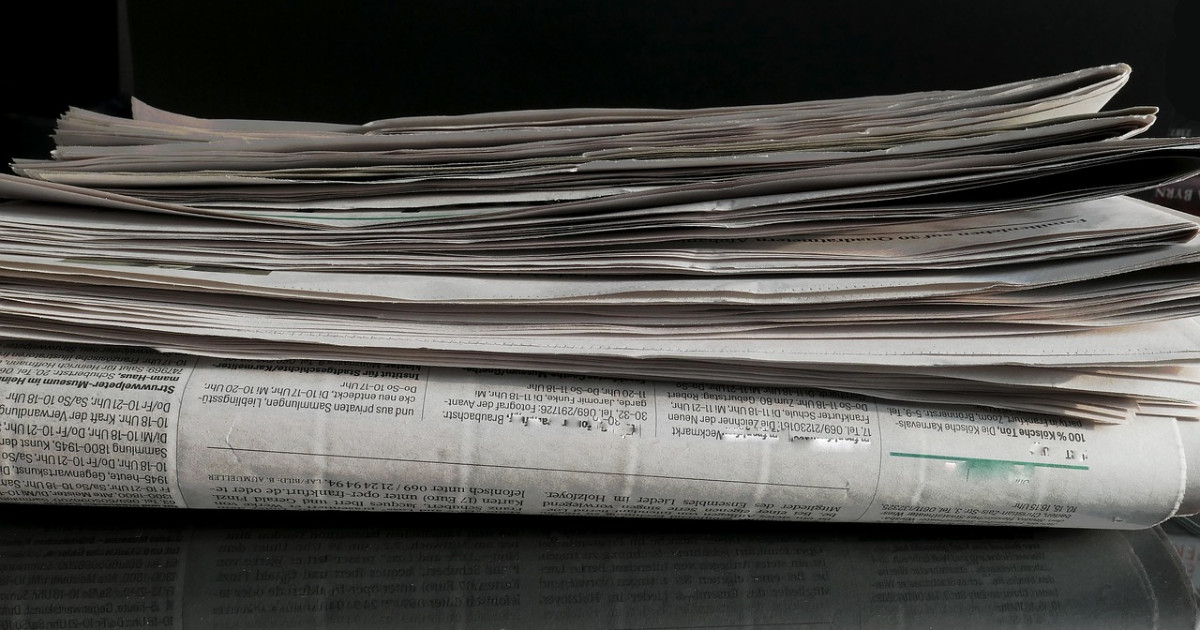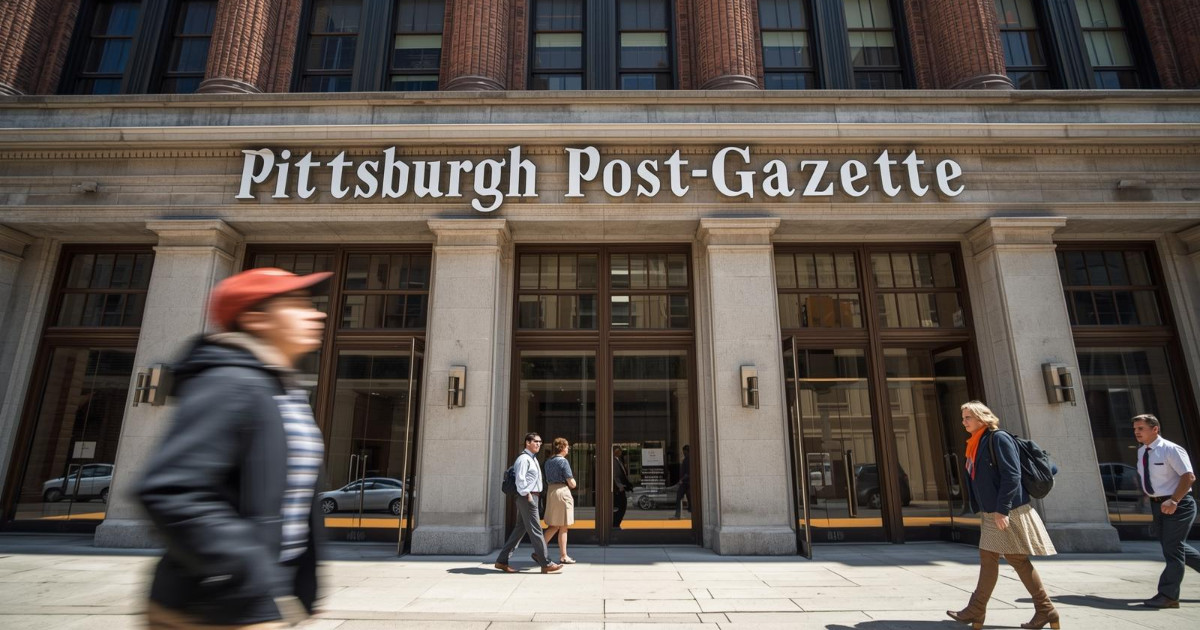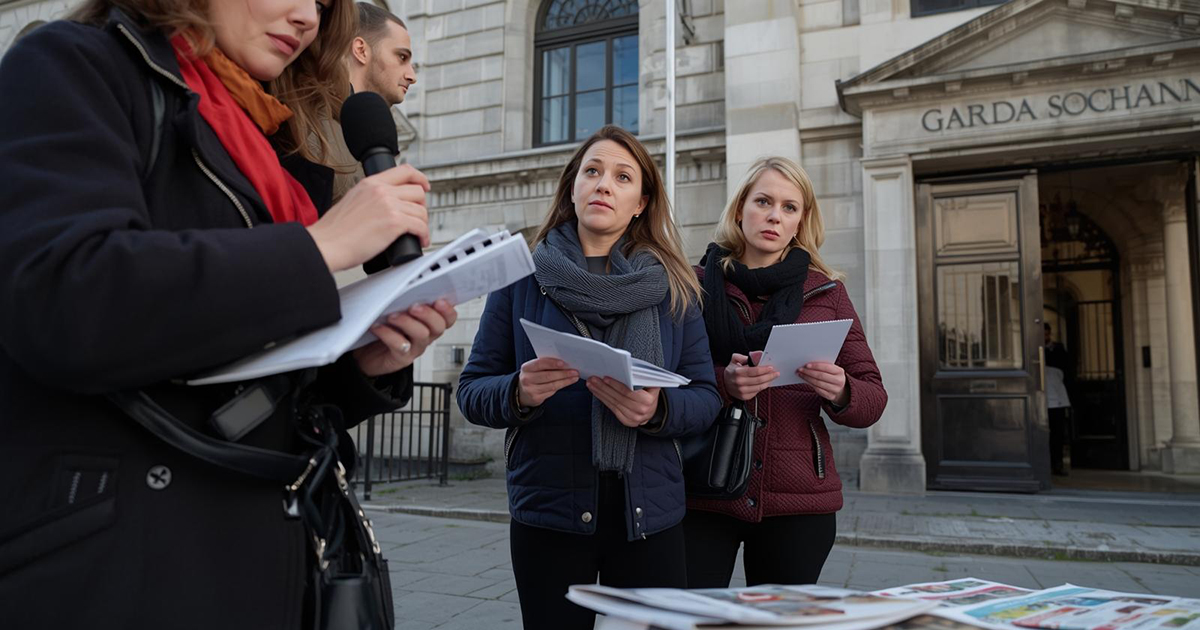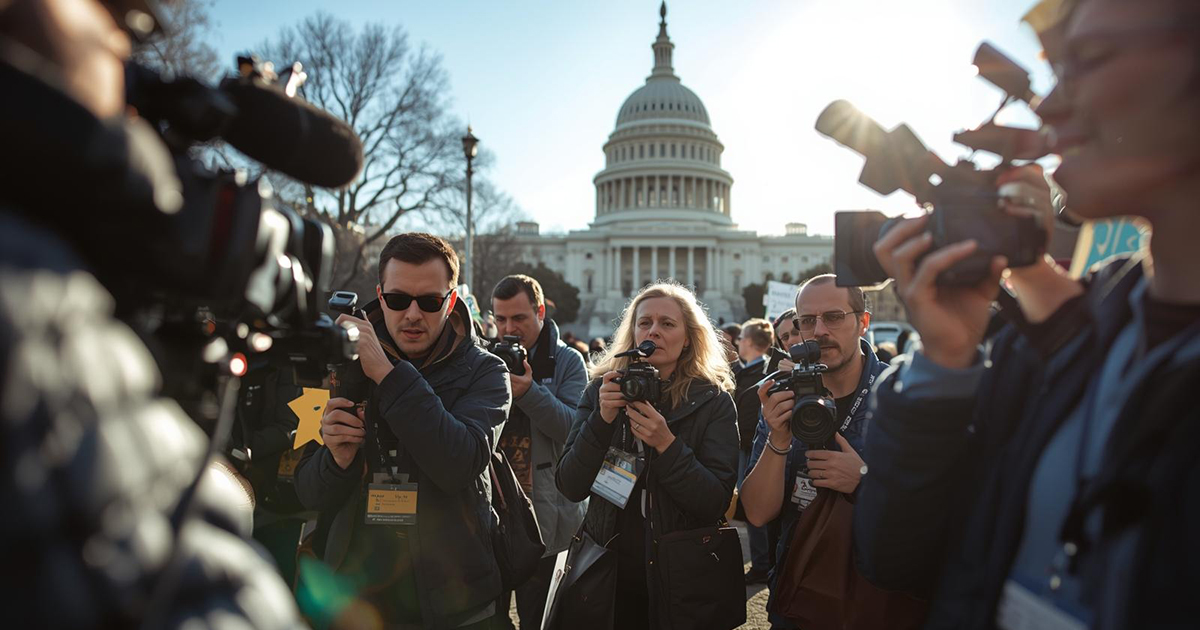White House access dispute sends AP back to court
JournalismPakistan.com | Published: 24 November 2025 | JP Global Monitoring Desk
Join our WhatsApp channel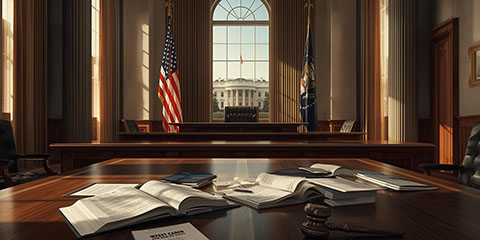
The Associated Press is challenging restrictions imposed by the White House on media access to presidential events. This case raises significant First Amendment issues and could impact press freedoms nationally.Summary
WASHINGTON, D.C. — The Associated Press returned to a U.S. courtroom on November 24, seeking to overturn White House restrictions that limit its access to presidential events. The move follows escalating tensions over disputed editorial language that officials said violated internal briefing expectations.
The White House has defended the restrictions as a procedural measure tied to decorum and accuracy, but AP argues the limits represent a significant threat to First Amendment protections. The case has drawn widespread attention from national press organizations concerned about the precedent such rules may establish for credentialing.
First Amendment Concerns Over Press Access
AP’s legal filing asserts that government offices cannot selectively restrict news organizations due to disagreements over editorial decisions. Media law experts say the case could shape how federal agencies define press eligibility, particularly during politically sensitive periods where independent scrutiny is critical.
The dispute also comes at a time when several major outlets have reported greater difficulty securing consistent access to executive briefings and on-site events. Advocacy groups warn that selective enforcement could embolden officials across the country to impose similar constraints on journalists they view as critical.
Implications for National Media Practices
Court observers note that a ruling favoring the White House might give administrations broader discretion to block or sideline reporters, even without clear cause. Conversely, a decision supporting AP could reinforce legal standards requiring equal and fair access regardless of editorial stance.
Press freedom organizations are monitoring the case closely, saying its outcome will influence newsroom policies, government-media relations, and expectations for transparency well beyond Washington. A final ruling is expected in the coming months, though appeals remain likely given the constitutional stakes.
ATTRIBUTION: Information based on reporting from the Associated Press and statements from press freedom advocates.
PHOTO: AI-generated; for illustrative purposes only.
KEY POINTS:
- AP challenges White House restrictions on access to presidential events
- Case highlights broader First Amendment concerns for national media
- Outcome could influence how governments regulate journalist credentials
- Press groups warn of risks to transparency and accountability



